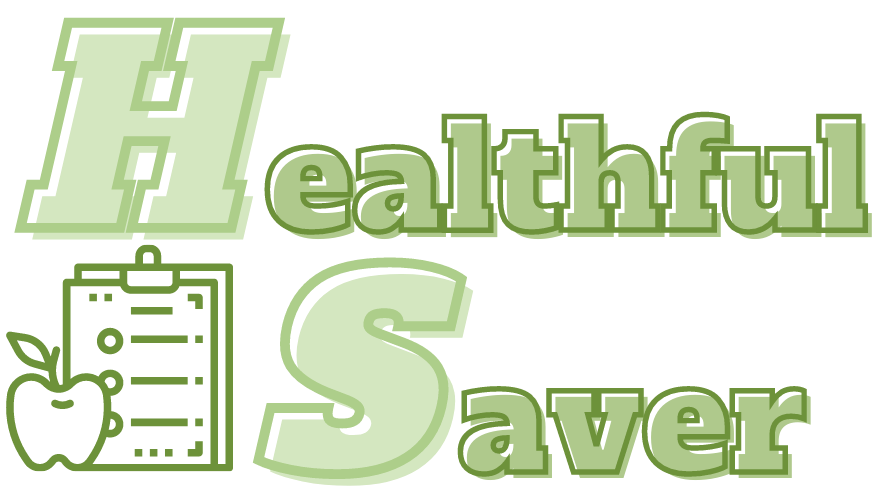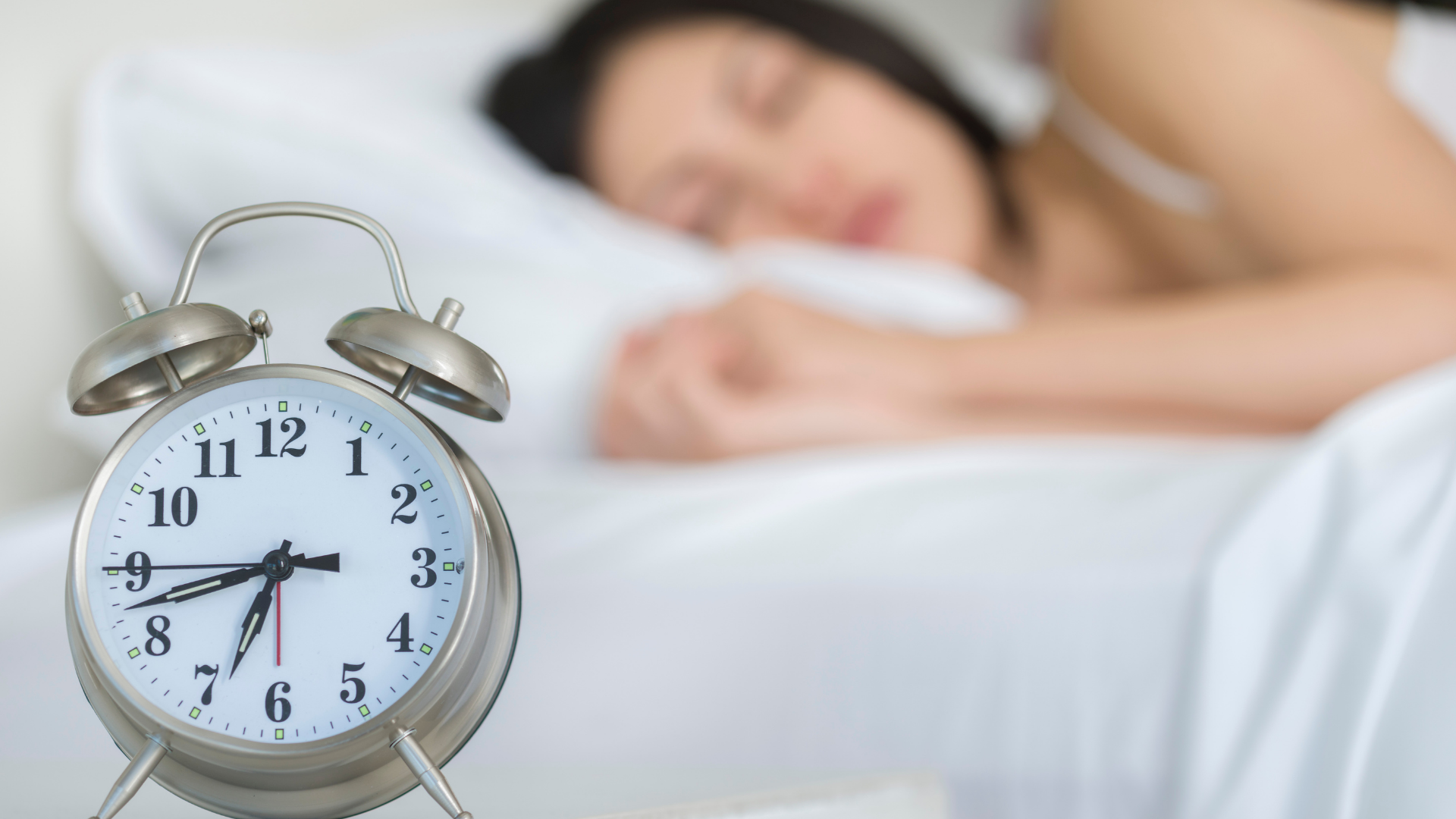First, we should clarify what sleep is. Sleep is our body’s way of restoring its metabolism and energy levels. After a night of not sleeping, some people feel tired, whilst others are able to function at full capacity. The human body has its own internal clock, which regulates our sleep cycles.
Sleep is not just a state of rest. It’s a critical part of your health and mental well-being, and your quality of sleep impacts your health and performance in many ways, from your mood to how healthy your heart is from how much exercise you get.
There are a lot of misconceptions about sleep, and there is a lot of misinformation floating around the Internet. Because sleep is a big part of the recovery process and the body benefits from sleep, not getting enough sleep is not healthy. Being an insomniac is a very common complaint among people. The good news is that you can improve your sleep and, as a result, dramatically improve how you feel.
One of the approaches can be by including some CBD based products in your routine. Cannabidiol is said to have proven benefits in fighting anxiety, depression or any pain and inflammation. If interested, you can check out articles and blogs that speak about the same or tap here to know more.
Sleep is essential for life, but there is a lot of incorrect information about what you should and shouldn’t be doing to be well-rested. The following myths about sleep are much more common than you think.
Here are some of the myths we have debunked that are perpetuated by the media and by well-meaning friends and family members:
- Eating cheese before bedtime.
Eating a large meal before bedtime can disrupt meals, whether it includes cheese or not. Cheese is a delicious dairy product that is often associated with a happy and relaxed mind, but cheese is being blamed for causing nightmares and making children-in particular-jumpy. Cheese is labeled a nightmare generator for its ability to mess with your sleep schedule and make you toss and turn, at least according to the latest research.
- Drinking alcohol can help you sleep better.
This is not beneficial to sleep. The quality of sleep is lessened with the influence of alcohol, compared to those who sleep without alcohol. One of the biggest myths about sleep is that alcohol consumption is good for you. Many people believe that alcohol relaxes them and helps them fall asleep faster, but this is a mistake. Alcohol can cause sleep issues if it is not consumed in moderation. Plus, there are chances that daily consumption of alcohol can lead to addiction issues, thereby leading you to seek the help of professionals at Arista Recovery to remedy the problem. Therefore, avoiding alcohol could be a better idea as it does not really help with sleeping.
That said, if you require help sleeping, then CBD is a much better option. There are companies like Nectar that sell CBD crumble uk and elsewhere, which tend to be easier to consume. It has been proven that CBD reduces anxiety and stress, relaxing the body. Therefore, many people tend to smoke a little before they go to bed. Furthermore, unlike alcohol, it doesn’t leave you with a hangover.
- You have a good night’s sleep if you remember your dream.
According to a study, people who recall their dreams more often sleep less. There are lots of misconceptions about sleep. Some myths are that you should have to have a dream, and the other is that you should have to remember your dream to know whether you had a good sleep or not. However, this is not always the case.
- Your brain is not active when you are asleep
Our brain doesn’t quit its job. When you sleep, your brain shuts off, and all the information your body requires to remain alive is shut off. Your brain is still active, however, and if you’re in the middle of a dream, your brain will continue to work.
- You should never wake up a sleepwalker.
This is not true that when you wake up a sleepwalker, they will have a heart attack or die. I’m sure you’ve heard that you should never wake up a sleepwalker. Some say you should shake them, and others say you should try to get them to wake up, but there are a lot of ways that a sleepwalker can get hurt. The main point to take away is that you should aim to wake them gently to avoid any adverse reactions.
Sleep is actually one of the most important things we do, and if you don’t get enough, it’s a potential health risk. So do whatever it takes to ensure your sleep schedule is intact, even if that means hiring pest control companies in DC or close by to remove bedbugs from your mattress, or avoiding eating cheese before bed.
The above-mentioned points are some of the most common and persistent myths surrounding sleep. These are myths, and there is no evidence to support these claims.
There have been a lot of studies conducted to examine sleep needs, and each has found something different. Some have found that sleep is vital and essential to obtaining and maintaining good health, while others find that sleep doesn’t have much impact on the body. It is essential that we get some sleep each night to reset, but how much can vary from person to person.

